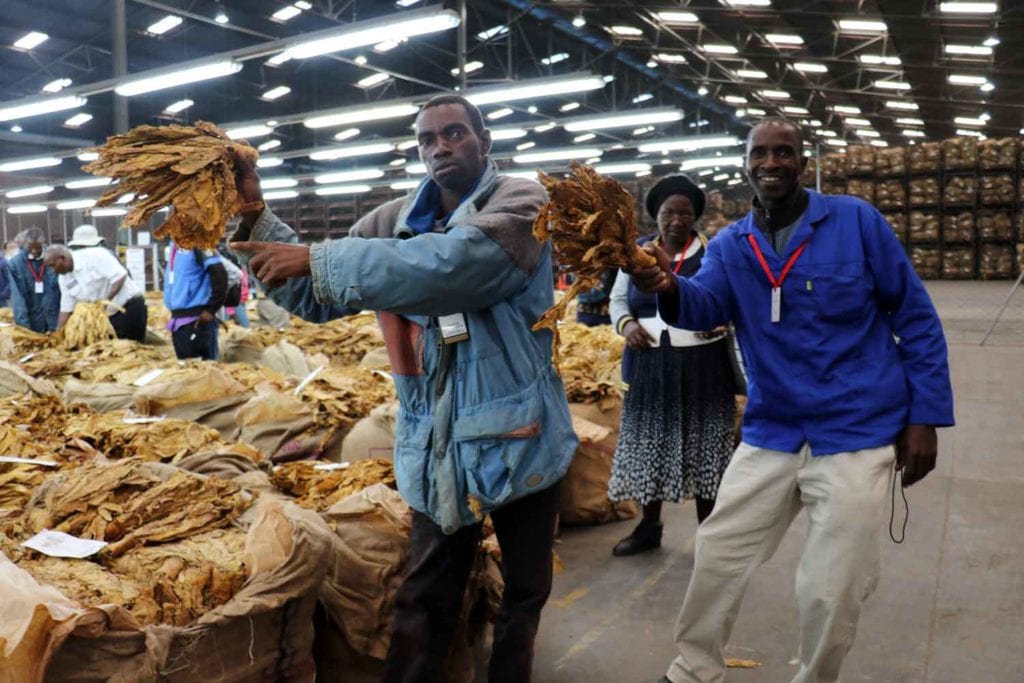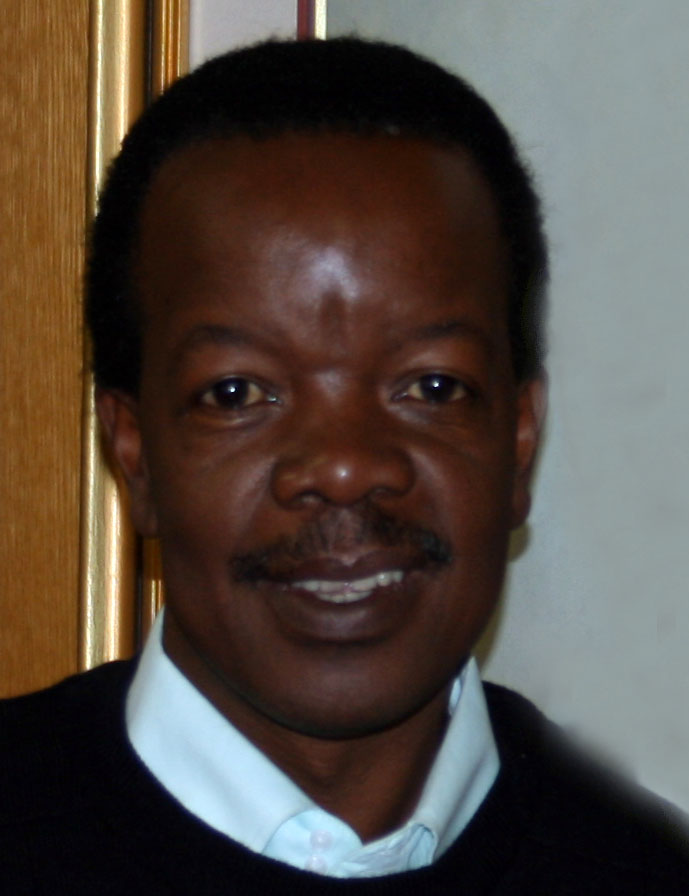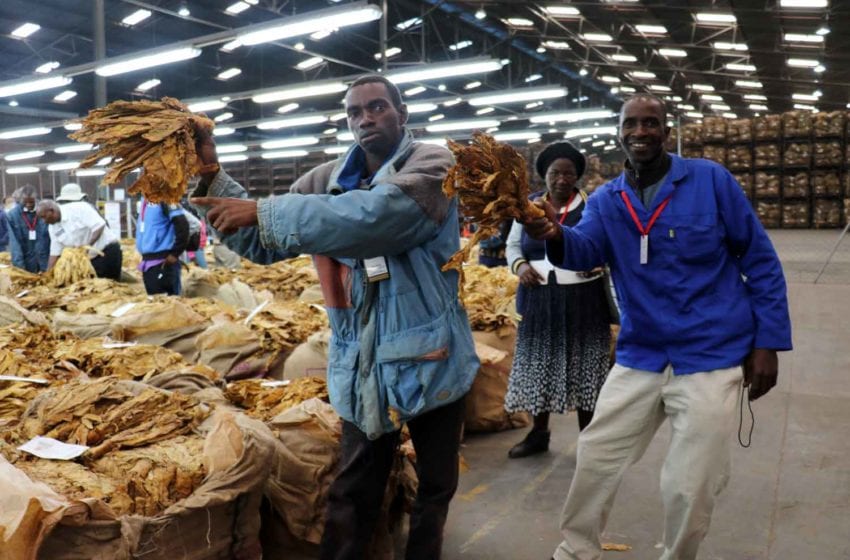
Stakeholders are debating whether minimum auction prices should continue to determine the pricing of contract tobacco in Zimbabwe, reports The Zimbabwe Mail.
Zimbabwe has a dual marketing system where tobacco is sold through both auction and contract. Over the years, prices have been determined by the minimum price paid on the auction market.
At the time this policy was put in place, tobacco sold through the auction accounted for nearly half the total output. Over the years, however, the share of auction sales has declined sharply because most farmers are unable to self-finance their operations due to lack of collateral. Last year, the Tobacco Industry and Marketing Board (TIMB) registered about 146,000 growers, of which 95 percent were funded by contractors.
Industry players and analysts said it would be absurd to continue applying the policy as the tobacco farming landscape has completely changed.
“Pricing of contract tobacco—95 percent of national production—cannot continue to be based on the minimum of tobacco prices paid on the auction floors,” said Rodney Ambrose, CEO of the Zimbabwe Tobacco Association (ZTA).
We can’t just throw away this important tool of price discovery.
Paul Zakariya, executive director, Zimbabwe Farmers’ Union

TIMB CEO Andrew Matibiri also believes it is “unfair” for a small crop size of lower quality to determine the minimum grade price of tobacco.
“It is a very valid issue, and the board has agreed that something needs to be done,” said Matibiri, who is scheduled to step down from his position later this year.
However, Zimbabwe Farmers’ Union executive director Paul Zakariya fears that abandoning the dual marketing system would leave farmers exposed to price manipulation by contractors.
“We can’t just throw away this important tool of price discovery,” he told The Sunday Mail Business. “The competition at the auction is quite important.”
There would be some sort of minimum guaranteed price for every grade so that farmers can be protected from price manipulation.
Andrew Matibiri, CEO, TIMB

Matibiri said the TIMB would ensure that farmers are protected from rigged prices.
“There would be some sort of minimum guaranteed price for every grade so that farmers can be protected from price manipulation,” he said.
The tobacco selling season is scheduled to start on April 7, with the trade anticipating lower volumes but higher quality than last year. The ZTA expects output to reach at least 180 million kg, down from 184 million kg in the previous growing season.
“Though yields will be down, the quality of this season’s crop is better than 2020,” the ZTA wrote in its monthly tobacco report for March.
Firm prices are also expected during this marketing season, which opens on April 7. Merchants are expected to bring in above US$500 million to the market.
Tobacco Reporter covered the Zimbabwean tobacco market in depth in 2018.











